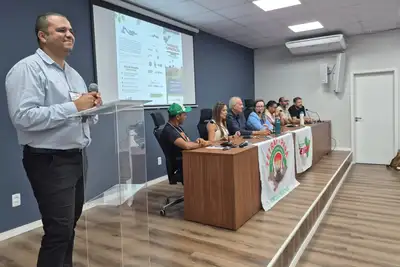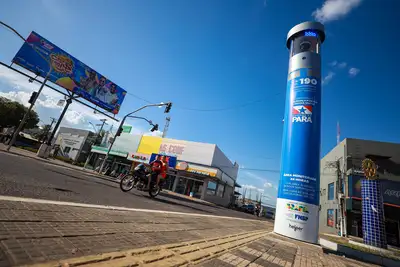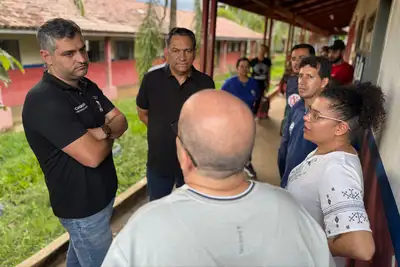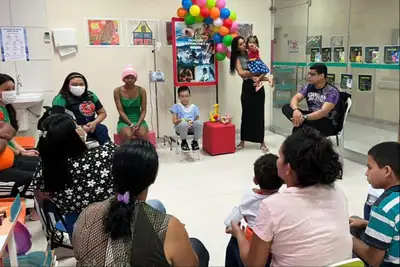Pará applies Climate Literacy Assessment for 16 thousand students in the state network
Pioneering initiative, in partnership with the OECD, will be held from August 11 to 14 in 90 public schools
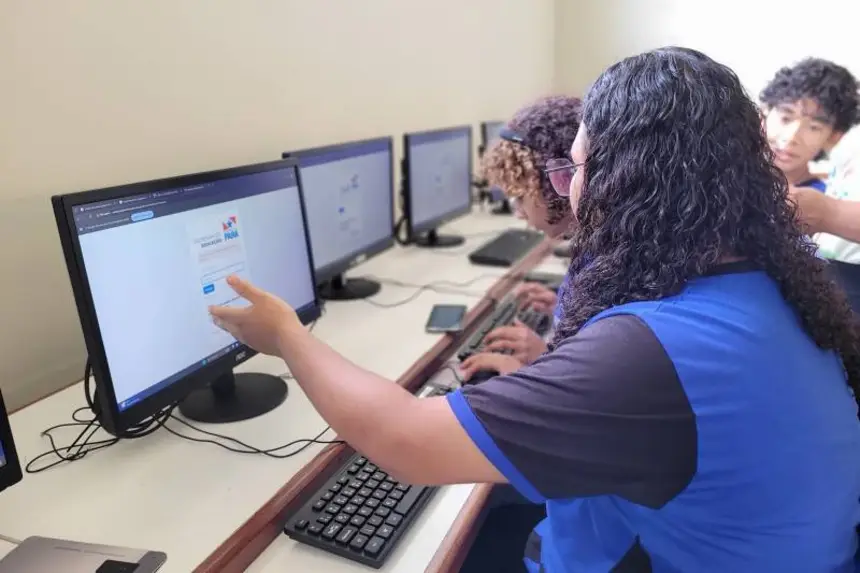
The State Department of Education of Pará (Seduc) will begin, next Monday (11), the application of the Climate Literacy Assessment in 90 schools of the state network. This unprecedented initiative in Brazil is carried out in partnership with the Organization for Economic Cooperation and Development (OECD) and will reach about 16 thousand students from the 9th grade of elementary school and the 1st year of high school throughout the state.
With application scheduled until August 14, the assessment aims to measure the level of knowledge, attitudes, and competencies of students regarding climate change. The data obtained will guide educational public policies, teacher training, and the improvement of pedagogical practices, in addition to reinforcing Pará's leadership in including climate issues in school curricula.
Environmental education integrated with the Amazonian reality
The action integrates the curricular component "Environmental Education, Sustainability, and Climate," which highlights the articulation between scientific, traditional, and local knowledge of the Amazon. According to Seduc, the goal is to consolidate an education model committed to the environmental reality of the region, in line with the global challenges of today.
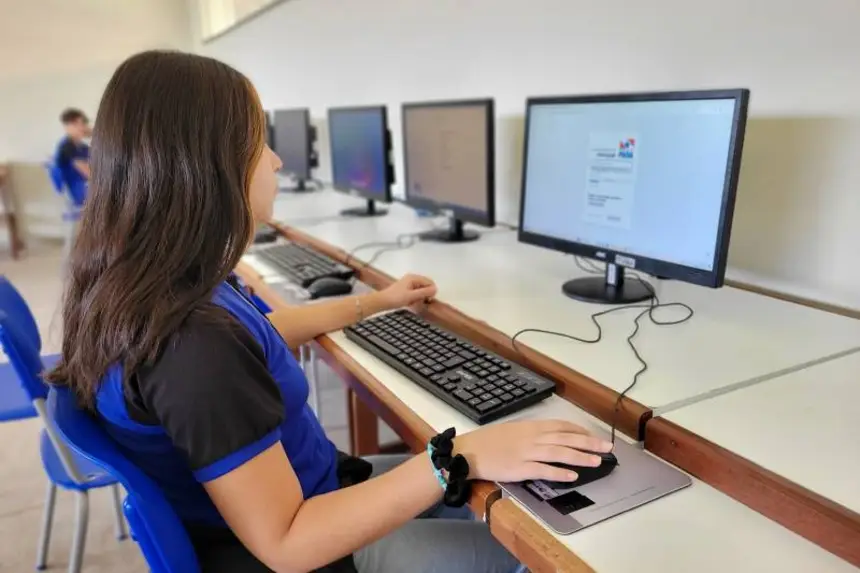
"The Climate Literacy Assessment is a partnership with the OECD, an organization recognized for coordinating PISA and supporting more innovative and equitable educational systems. With this, we seek to measure what our students know and think about climate change, contributing to good pedagogical practices and the development of effective public policies," explained Mauro Tavares, coordinator of Environmental Education at Seduc.
Structure of the assessment and feedback to schools
The assessment will last 90 minutes and will be conducted digitally, with the help of pre-configured Chromebooks. Students will answer three blocks of questions:
- An attitudinal questionnaire with 51 statements;
- An assessment of prior knowledge, with 11 quiz-format questions and a lexicon block;
- A set of 26 conceptual questions.
- Among the competencies assessed are critical reading of media content, interpretation of climate data, understanding the human dimensions of climate change, and the ability to propose and prioritize actions based on different social contexts.
At the end of the application, each participating school will receive detailed feedback on the results. The consolidation of the information will be presented to the OECD, with national and international dissemination expected to occur during the 30th United Nations Conference on Climate Change (COP 30), which will be held in November in Belém.
Pará's leadership in the educational climate agenda
For coordinator Mauro Tavares, Pará once again positions itself at the forefront of environmental education in Brazil. "This assessment reinforces the pioneering implementation of the Environmental Education curricular component and highlights the leadership of our network. The data produced here will serve as a reference for future international assessments and to enhance our students' and educators' perception of the role of education in building a sustainable future," he emphasized.
About the OECD - The Organization for Economic Cooperation and Development (OECD) brings together 38 countries and works on developing public policies aimed at improving economic and social well-being. In the field of education, it is globally recognized for the Programme for International Student Assessment (PISA), which assesses students' competencies in different countries.
The Climate Literacy Assessment, developed with Pará, is the result of the work of the OECD's Innovation in Assessment Group, focused on new approaches to measuring 21st-century competencies, such as critical thinking, sustainability, and ethical use of technology.





